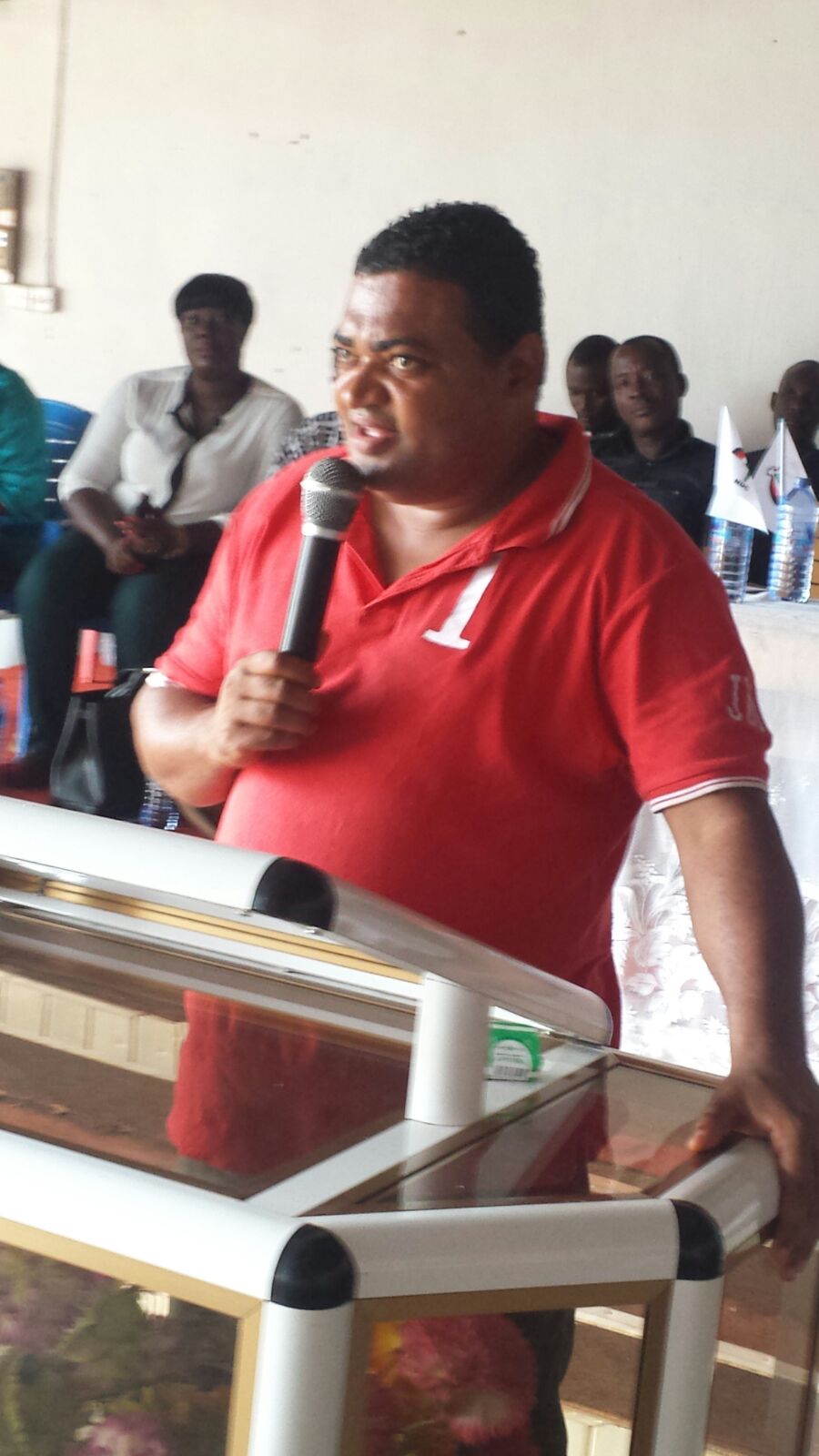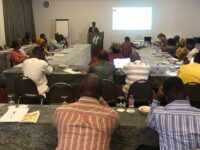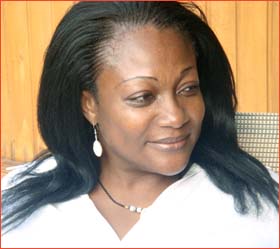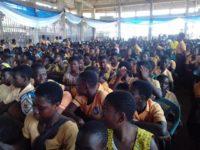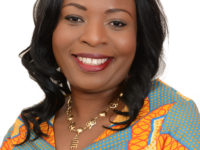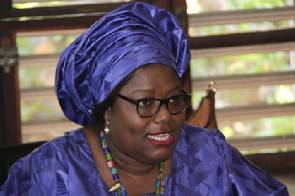 Cabinet has approved the National Gender Policy to mainstream gender equality concerns into the national development process for equitable livelihood for both sexes, and children.
Cabinet has approved the National Gender Policy to mainstream gender equality concerns into the national development process for equitable livelihood for both sexes, and children.
It also articulates issues from gender perspectives, ensuring that women and men, girls and boys, as well as the vulnerable, the marginalised and persons living with disability, participate and have a voice and decision-making power in governance processes.
Briefing the media on the policy document in Accra yesterday, the Minister for Gender, Children and Social Protection, Nana Oye Lithur, mentioned five areas of concern that formed the conceptual framework on which the overall goal of the policy would be delivered.
These are: women’s empowerment and livelihood, women’s rights and access to justice, women’s leadership and accountable governance, economic opportunities for women and gender roles and elations.
According to the document, the commitments of the broad policy framework, on the theme: ‘Mainstreaming gender equality and women’s empowerment into Ghana’s development efforts’, dwelt on provisions in international instruments ratified by Ghana, the Millenium Development Goals (MDGs) as well as Ghana‘s national development frameworks, including the Ghana Shared Growth and Development Agenda I (2010 – 2013) and II (2014 – 2017).
Those commitments, it said, would be achieved by improving the social, legal, civic, political, economic and socio-cultural conditions of the people of Ghana, particularly women, children, the vulnerable and people with special needs such as persons with disability and the marginalised.
The policy further provides guidelines, strategies and operations/actions in furtherance of government’s commitments to achieve gender equality and women’s empowerment targets in its national vision of ‘A stable, united, inclusive and prosperous country with opportunities for all’.
For the attainment of the broad policy objectives, Nana Oye said, stakeholders operating in the areas of gender equality would be expected to take strategic policy actions, including legislation, administrative reforms, resource mobilisation, capacity building, awareness creation, research, monitoring and evaluation, as directed by the National Gender Policy, to address bottlenecks and barriers and critical issues existing alongside the successful operation of the policy.
She said the ministry was currently developing an Action Plan for the implementation of the policy, adding that the plan would prioritise women’s empowerment to encourage more women to participate in general and the upcoming district level elections.
She also indicated that the President’s appointments to the district assemblies would include at least two persons with disability, while gender equality would also be enhanced.
The minister expressed appreciation to individuals and institutions that played significant roles in the development of the policy. She mentioned in particular former President J.A. Kufuor for establishing a Women‘s Ministry and giving it a Cabinet status; the late President John Atta Mills for his special impetus and support for women’s empowerment and gender equality matters, President John Dramani Mahama for renaming and expanding the mandate of the Ministry of Women, Children and Social Protection, as well as the efforts of former ministers who served at the ministry.
It also thanked its development partners, such as the United Nations Population Fund (UNFPA), UN Women and the World Food Programme for providing technical and financial support towards the policy, as well as individual gender activists, experts, interest groups and the media for their various contributions.

